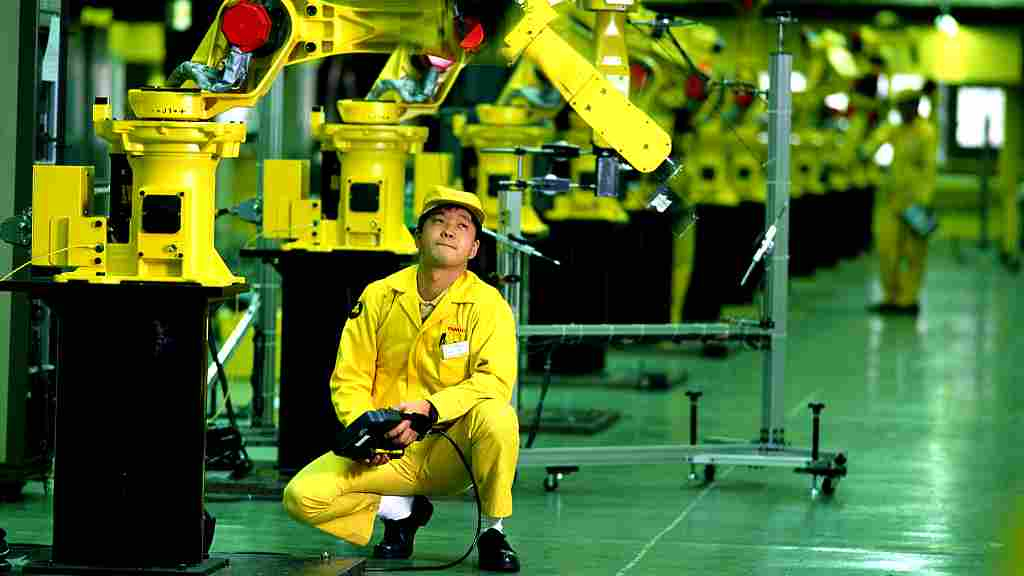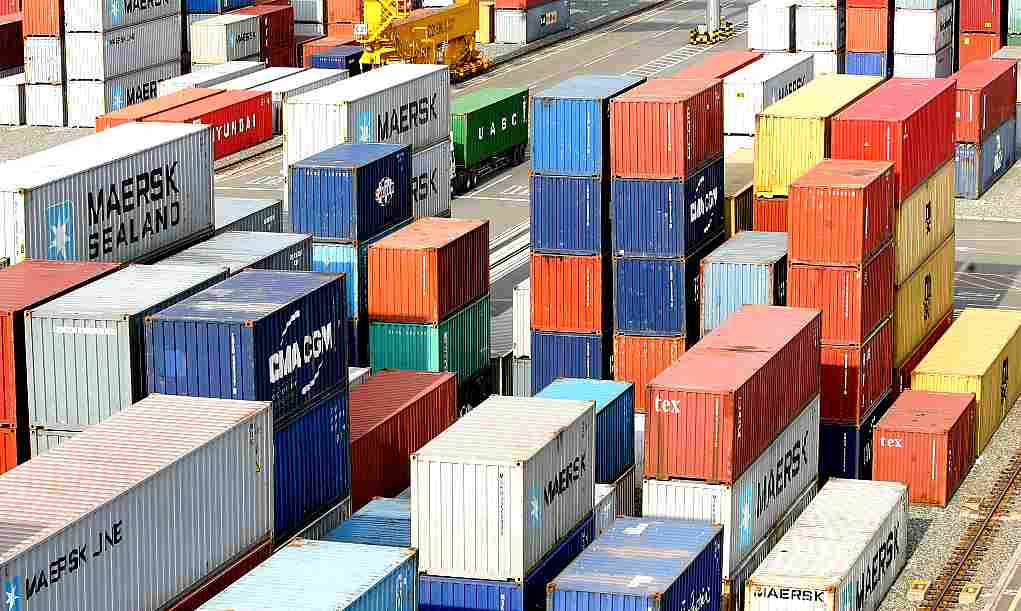
Economy
13:58, 01-Mar-2019
Japan, S. Korea data hit new lows amid economy concerns
CGTN

Manufacturing and export data in Japan and S. Korea hit new lows last month, amid growing concerns about falling global demand, challenging domestic economic policy for Tokyo and Seoul.
Japan's manufacturing PMI data fell into contraction territory for the first time since August 2016, with February's data coming in at 48.9. Any figure below 50 shows the sector is shrinking rather than expanding.
S. Korean exports meanwhile hit their lowest point in almost three years last month, with February marking a third straight month of decline.
Falling demand for S. Korean semiconductors hit the export-oriented economy hard, with an 11.7 percent year-on-year drop to 39.6 billion U.S. dollars, according to the Ministry of Trade, Industry and Energy.
Facing long-term problems like an aging population, coupled with trade tensions and falling demand from China, the Eurozone and other markets, Tokyo and Seoul will both be concerned that efforts to boost economic growth and employment are not paying off.
Japanese Prime Minister Shinzo Abe's flagship Abenomics program has had mixed results when it comes to overcoming “stagflation” and economic growth constantly hovering just above zero percent.
This October will see Abe raise Japan's consumption tax to 10 percent, a policy that he has delayed twice, but deems necessary to offset budgetary holes like social welfare costs.
However, the increase from eight to 10 percent will push prices up, potentially knocking an already fragile consumer base in the country.
A Reuters poll estimates consumer spending increased by 0.8 percent year-on-year in December, after three months of decline.
The last consumption tax increase in 2014 coincided with a recession, and February's manufacturing slowdown could give Abe and other policymakers cause for a rethink.

Containers at Pusan Newport, South Korea. /VCG Photo
Containers at Pusan Newport, South Korea. /VCG Photo
For South Korea's Moon Jae-in, the latest export data will be a blow, after promising to prioritize employment and economic growth.
The jobless rate hit a nine-year high last month, with data from Statistics Korea showing unemployment at 4.5 percent, with job losses in construction and manufacturing.
South Korea's inflation data is struggling to pick up, coming in at just 0.8 percent in January, well below the government's two percent target.
Compounding Seoul's worries will be the looming cloud of its aging population. Data published earlier this week showed that only 326,900 babies were born in 2018, down 8.6 percent from the previous year.
The average S. Korean now only gives birth to 0.98 babies – far below an ideal fertility rate of 2.1, deemed enough to maintain long-term economic growth.

SITEMAP
Copyright © 2018 CGTN. Beijing ICP prepared NO.16065310-3
Copyright © 2018 CGTN. Beijing ICP prepared NO.16065310-3